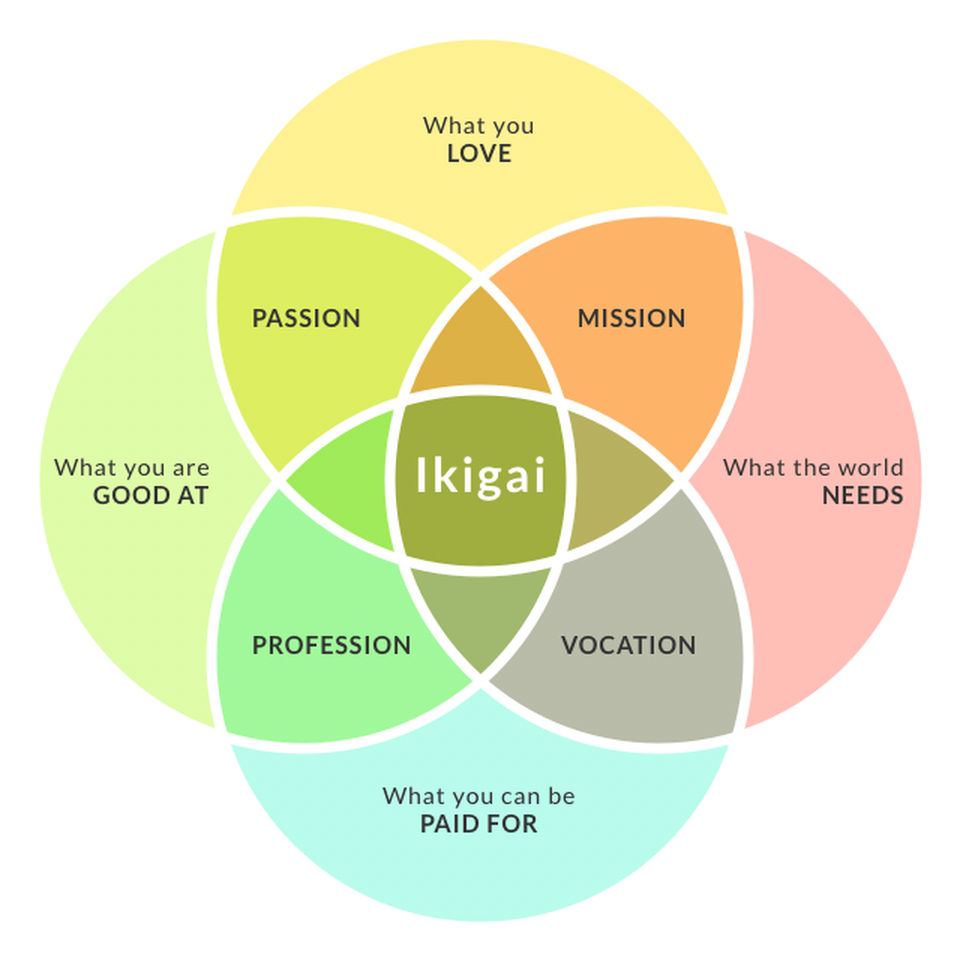
17 Jan What is our purpose?
This morning, as I was driving the carpool to school, I was struck by the smell of clothing which had spent a little too much time loitering in the washer before heading next door to the dryer. As much as I hate to admit it, I am the king of washing clothes but forgetting to dry them. In fact, as I write this, there is a load of whites which has been chilling far too long… Well, while I am confessing, I also admit I have trouble folding clothes and putting them away after the dryer cycle is done. And, come to think of it, I have issues getting the clothes to the washer in the first place. Let’s just say that laundry is not my forté. Can I get an amen?
Anyhoo, there was no mistaking the odor which had overtaken my pristine periwinkle Buccee’s undershirt. I thought to myself there had to be a German word for this unique smell, so I went on an adventure to the Googles. No luck. Damn, that stinks. Pun always intended. But, in my search, I did come across the amazing and versatile term die Geborgenheit. There is no direct English translation of the concept which can have varying meanings unique to each individual. But, loosely translated, die Geborgenheit is a felt sense of comfort and security, often associated with childhood when it is first experienced. Die Geborgenheit is a state where you at peace with yourself and with others around you.
I have been searching for something in midlife which will generate this sense of security. Purpose. Meaning. Erik Erickson, the famed German-American psychoanalyst called this stage of psychosocial development “generativity,” our desire to make a mark on the world which will outlast our existence. This phase of development generally occurs between the ages of 45 and 60. But, I can’t help but think, why do we have to wait this long to find our purpose?
I recently watched a TED talk by Dan Buettner on how to live to be 100+. In his lecture, Buettner discussed outlying clusters of populations around the world with the most centenarians per capita and evaluated the common factors between those cultures. The gold star cluster is in Okinawa, Japan. In addition to a primarily plant-based diet, there are several unique attributes of the Okinawan culture which contribute to their health and longevity, one of which is known as ikigai (“ee key guy”). Ikigai is a combination of two Japanese words – iki meaning “life” and kai meaning “the realization of hopes and expectations.” In short, ikigai roughly means “the thing you live for” or, as the French would say, your raison d’etre.
How do we find our ikigai? In his own excellent TED talk on the subject, Tim Tamashiro posits the concept of “part time ikigai” where individuals focus their efforts “between the fives and the nines” – from 5 a.m .to 9 a.m. and 5 p.m. to 9 p.m. – the hours outside of one’s day job. Ikigai can be found at the confluence of your answers to four questions: What brings you joy? What are you good at? What does the world need from you? What can you get paid for? This, my friends, is where the gold lies. Having purpose is life. More appropriately, having purpose is midlife.



Sorry, the comment form is closed at this time.